On her Radio 2 show, Sara Cox has a feature called First and Last, during which a listener talks about the first gig they attended and the most recent, and the DJ plays a tune by each artist.
I can’t play this game. My first and last currently stand at Crowded House and The Divine Comedy, a combo too dull even for Radio 2.
In my defence, I wasn’t that fussed about seeing either band. Both occasions were born out of sheer desperation to go to a gig.
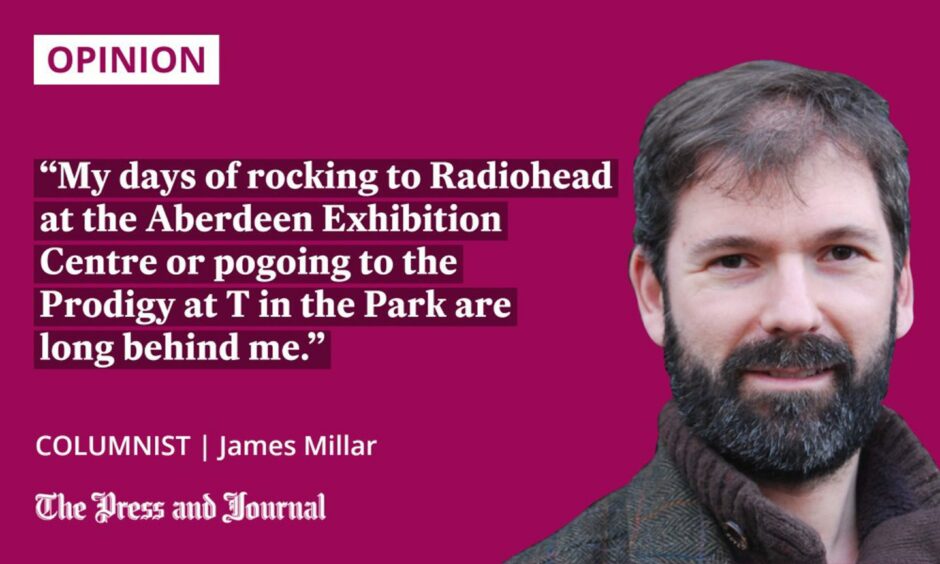
The first because, as a teenager living in a small Scottish village, the very idea of live music outwith the confines of a ceilidh seemed almost unreal. Crowded House was my first gig simply because a friend’s dad could give us a lift to the Edinburgh Playhouse.
Thirty years later, the desperation was Covid-induced. The stretch since I saw Stevie Wonder in summer 2019 has been the longest period I’ve gone without live music since that first concert at age 15.
So, there was a thrill about rejoining the ranks of gig-goers last week as I took my seat for a show by The Divine Comedy.
Proving the power of pop
It was a largely sweet and sedate affair.
It’s a 30th anniversary tour. As I pondered how the musicians of my youth look saggy and worn out I, inevitably, accepted that the same could be said of me. My days of rocking to Radiohead at the Aberdeen Exhibition Centre or pogoing to the Prodigy at T in the Park are long behind me.
And then, a moment. An affirmation of the urgency of live music, the power of pop.
Among the oh-so-clever lyrics and the oh-so-comfy audience, this was an outbreak of rock ‘n’ roll
Generation Sex is a 25-year-old song that has stood the test of time far better than bigger hits of the 1990s. Its lyrics nod to developments of the time that we still wrestle with – gender equality, genetic engineering, tabloid hypocrisy.
Then The Divine Comedy’s singer changed a verse to become: “Generation Sex attracts, the kind of men who watch porn in the Commons, partied in the the garden while we stayed at home.”
It was a shot of intelligent, considered, grown-up anger; a bolt of steel driven through the cosy atmosphere. This was not the confected rage of Johnny Rotten, nor the immature whining of Cardi B.
Among the oh-so-clever lyrics and the oh-so-comfy audience, this was an outbreak of rock ‘n’ roll.
And, as we applauded after the encore, sure, there was a reckoning with the ageing process, an anger at the politics referenced, a wistfulness at what we missed due to Covid restrictions. But, overwhelming all of these was an appreciation of the unpredictability of live entertainment and the warmth of a communal experience.
James Millar is a political commentator, author and a former Westminster correspondent for The Sunday Post
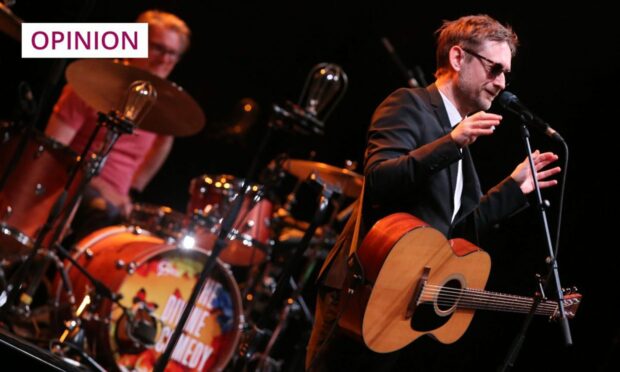
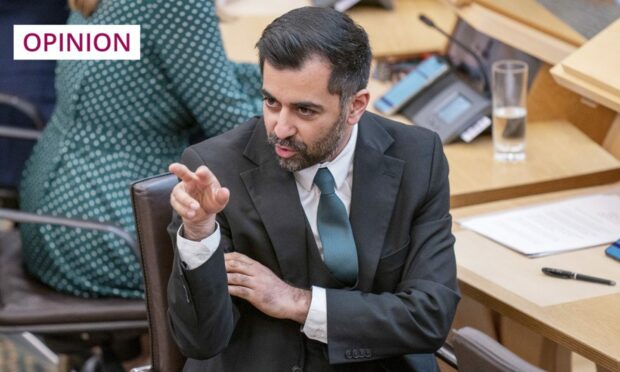
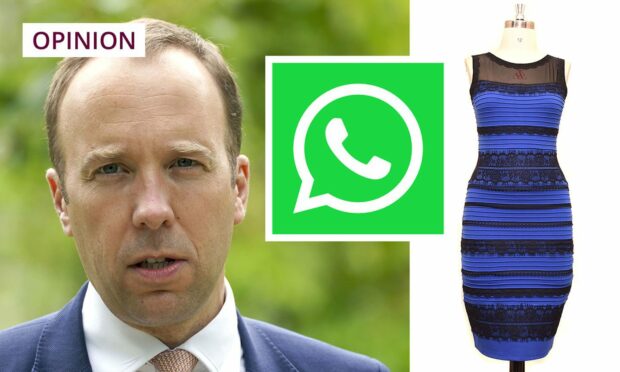
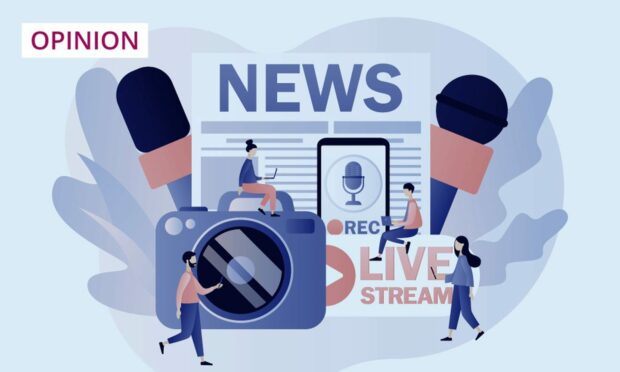
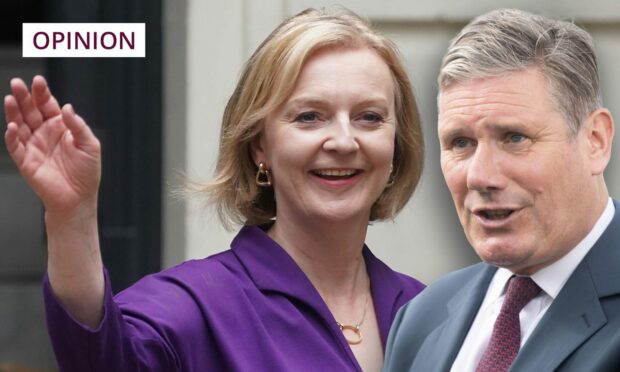
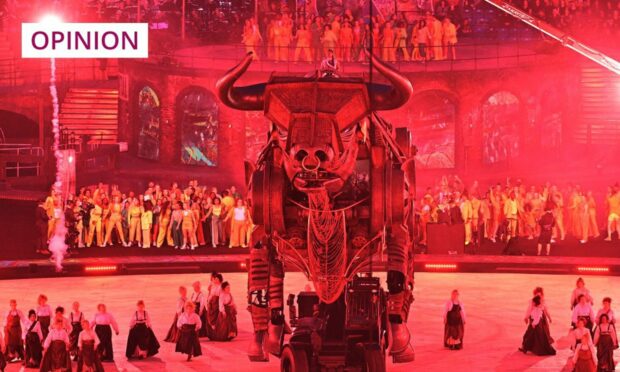
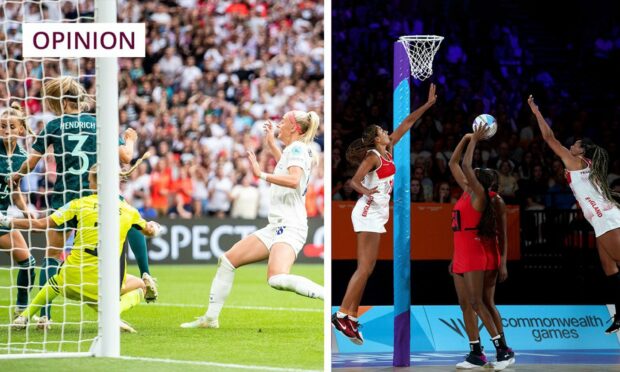










Conversation